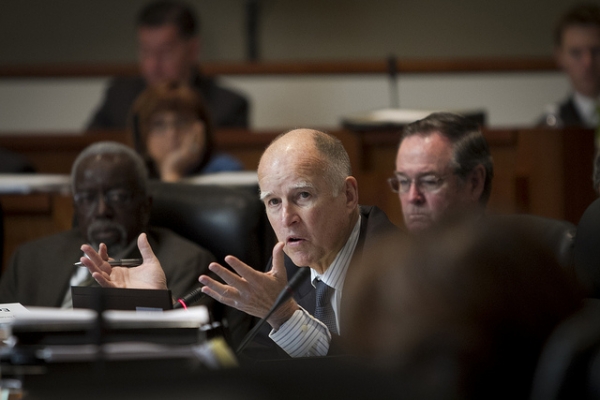
Physician-assisted suicide will become legal in California after Governor Jerry Brown signed the bill on Monday, making it a law that will be implemented by mid-2016, according to media reports.
The law allows people to choose to end their lives using physician-prescribed fatal medicine, with pre-conditions such as being physically competent to take the medicine themselves, multiple-written requests, approval of two doctors, and two witnesses.
The issue of allowing people to opt for physician-assisted suicide came to the limelight after 29-year-old Brittany Maynard, suffering from a brain tumor, moved to Oregon to end her life, which is one of the five states where a terminally ill patient can look for a doctor's prescription to take lethal medications.
"In the end, I was left to reflect on what I would want in the face of my own death," Governor Brown said in a statement. "I do not know what I would do if I were dying in prolonged and excruciating pain. I am certain, however, that it would be a comfort to be able to consider the options afforded by this bill."
After Maynard's death in November last year, her mother and husband frequented California legislature to lobby for this bill, and attended many committee hearings.
"I've seen firsthand the agony that accompanies prolonged illness, for both patients and loved ones, and this bill provides a compassionate, kind option," said Sen Dianne Feinstein (D-Ca).
The bill was opposed by many religious groups and organizations such as disability rights group, and Californians Against Assisted Suicide.
A prominent concern among the opponents was that expensive insurance companies could take advantage of patients with few means, as a way to avoid expensive treatments.
"Given the level of dysfunction and injustice that exists currently in our health care system - with many people without insurance still, with the very underfunded ability of people to have choices for treatment and care - adding this very potentially dangerous tool to the mix is of great concern to people with disabilities," Marg Hall of United in Defense of Olmstead was quoted as saying by NPR.
Californians Against Assisted Suicide said in a statement that "the governor's background is very different than that of millions of Californians living in health care poverty without that same access."
Joni Eareckson Tada, a disability rights activist, said that legalizing ending one's life is to "radicalize one's right to privacy. It dresses up our willful determination as rights."














